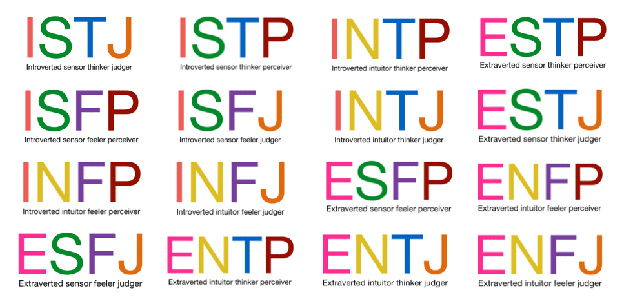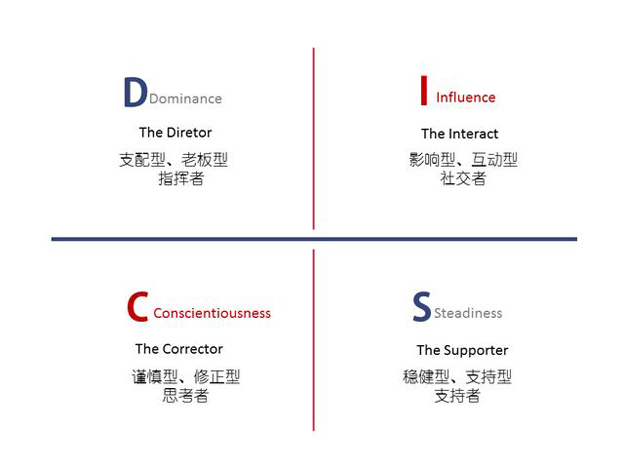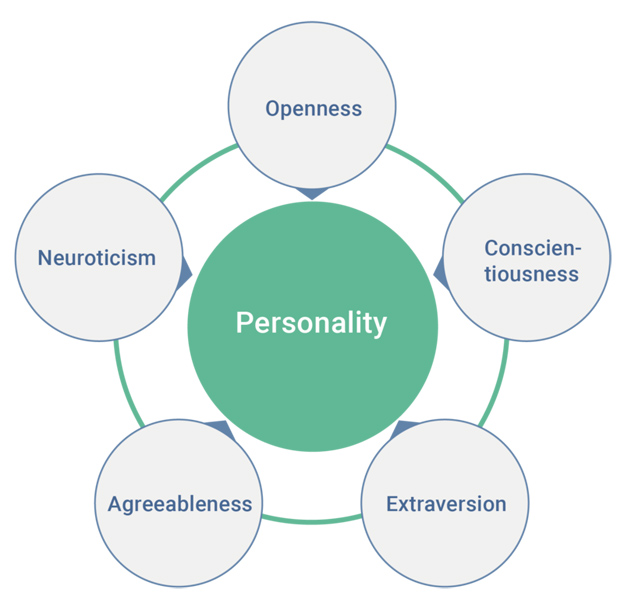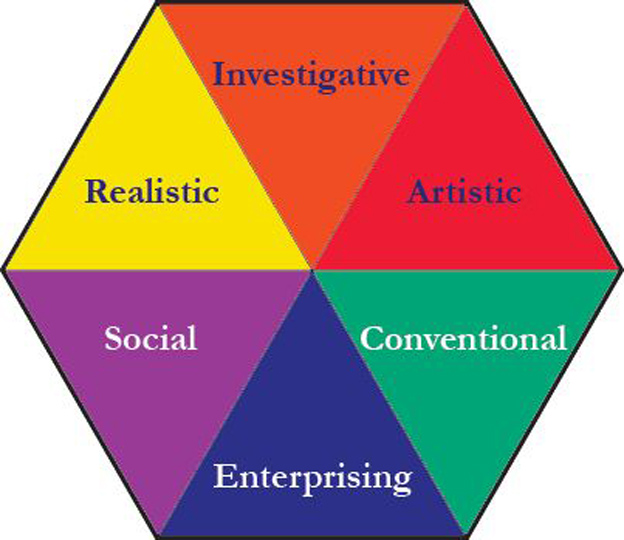
Understand yourself better to choose the right career with the help of personality tests
By Meng Hui Xian
Are you standing at the crossroads of further study, thinking over what course to take in college or what career field to enter thereafter? While it is essential for you to learn about a variety of higher education institutions, disciplines of study and career prospects, it is equally important for you to improve self-awareness from the aspects of personality traits, interests, strengths and mindset, etc. After all, if you do not know yourself well, how is it possible to find out what you really want to do, leveraging your personality traits to cope with the uncertainties of life?
In this regard, we got a local registered and licensed counselor to recommend six useful and reliable personality tests that would give you an insight into your personality traits and future work preferences. We hope it helps ease the perplexity and anxiety that you might feel during the process of choosing a course to study, seeking employment, changing jobs or even starting your own business.
Personality test is a test for you to further understand your personality traits, interests, ways of doing things and emotional responses, etc. Improving self-awareness can empower you to find the career direction that is appealing and suited to you, as well as to effectively build your strengths while improving your weaknesses.
In Malaysia, in order to help students know their personality traits, interests and future work preferences better, many school counselors will introduce the Holland Code Test to students, so that they will have a clearer direction, whether in terms of choosing what course to study for tertiary education or what career to pursue after graduation. While some companies will provide the appropriate internal job trainings and talent management solutions, based on the personality tests results, to employees.

Veteran corporate counseling consultant and the founder cum lecturer of Carpe Diem Counseling & Consulting PLT, Poh Ling Tan pointed out that the psychological theory behind each personality test varies from one to another, which offers different perspectives on different personalities. The research and development for a personality test can take a long time before it has become the good and useful one today, which is determined by two key elements, namely reliability and validity. Since every personality test originated in a different language, it is vital to pay particular attention by taking into account factors like cultural background when translating it into other languages.
However, nowadays the internet is glutted with personality tests with no scientific basis, as many would want to know how to distinguish the reliable ones from the others.
She replied, “For instance, that color personality test you did recently, do you know who the creator is? If the answer is no, then it will not be a reliable one. There are too many tests on the internet, with just a quick search for ‘DiSC Personality Test’ you will get a lot of versions, and the forms and number of questions differ.”
Here are the six personality tests she shared with us, given their relevant theoretical basis makes them more reliable ones:

Myers-Briggs Type Indicator (MBTI)
MBTI is a personality test based on the psychological theory that was proposed by psychologist Carl Jung. Developed by American psychologist Katharine Cook Briggs and her daughter Isabel Briggs Myers, the personality assessment tool has been widely used in the corporate settings. MBTI measures personality by using a combination of four dichotomies, i.e. what energizes people (Extroversion-Introversion), how people take in information (Sensing-Intuition), how people make decisions (Thinking-Feeling), and how people organize their world (Judging-Perceiving).
Official Website: https://www.myersbriggs.org/

DiSC
DiSC personality theory was introduced by psychologist William Moulton Marston, later developed into a behavioral assessment tool by industrial psychologist Walter Vernon Clarke, namely the DiSC personality profile where people are categorized into four main types, i.e. Dominance, Influence, Steadiness and Conscientiousness, so that they can have better insights into their personality traits, while understanding clearly about their career choices, job satisfaction, level of stress, work performance and leadership style, among others. Child version is included by DiSC in addition to Adult version. The instrument has been applied at the workplace in a wide range, helping people improve their behaviors, interpersonal relationships, work performance and teamwork, etc.
Official website: https://www.discprofile.com/

Big 5 Personality Test
Based on the Big 5 personality traits theory, the Big 5 Personality Test was established by American psychologists Costa and McCrae in 1987 that identifies personality by using five factors, i.e. Neuroticism, Extraversion, Openness, Agreeableness, and Conscientiousness.

The Holland Code Test
Well-known American career guidance specialist John Holland first suggested the vocational interest theory in 1959. It was in his view that personality, interests and career are strongly correlated. Personality and interests are the driving force that motivates people dedicating themselves to work. If the career is compatible with the interests, one will work more happily and enthusiastically while seeing an increase in job satisfaction. People are classified into six types according to their personalities and interests, i.e. Realistic (R), Investigative (I), Artistic (A), Social (S), Enterprising (E), Conventional (C) in the test where careers are also sorted into six corresponding types respectively based on their features.
16 Personality Factors (16PF)
Compiled by Raymond Cattell, professor of Institute for Personality and Ability Testing (IPAT) of Illinois State University, 16 Personality Factors is a test that various methods, such as systematic observation, scientific experiment and factor analysis, had been adopted to determine the 16 personality traits over the past decades of research until the measurement scale was formed. In comparison with other similar assessments, given that 16PF is able to identify more personalities, it is a test that suits everyone.
Official Website: https://www.16pf.com
Taylor-Johnson Temperament Analysis (T-JTA)
The T-JTA can be used in career development, personal growth, pre-marital, marital, and family counseling. It measures the unique yet common nine personality traits based on temperament, attitude and behavioral tendency, and these traits are often seen to have an influence on one’s adaptation and adjustment in terms of social life, romantic relationship, marriage, family life and career development.
Official website: https://www.tjta.com/
She reminded that although the above-mentioned personality tests can be found on plenty of websites, many are not the original version. The variations are presumably involved with plagiarism, and the results may not be reliable. So it is advisable to take the personality tests at their official websites where the original version is provided.
She added that it is all right for people to take the modified tests even if those are not the original ones. Nevertheless, one must know that they are nothing more than a frame of reference. Most importantly, learning how to self-adjust and adapt in the aspects of personal life, education and career with the analysis given is the objective and the value of taking the personality tests after all.
